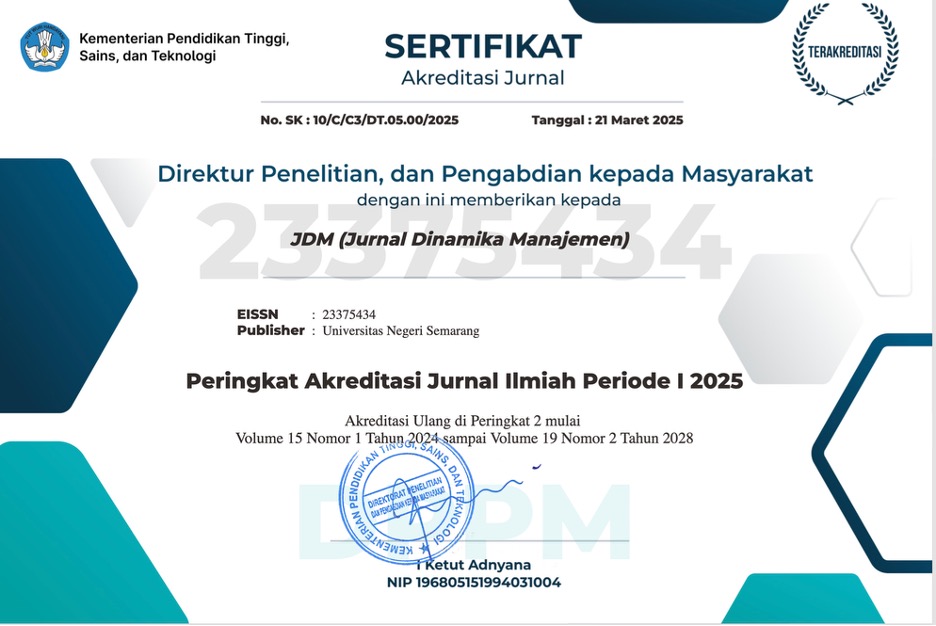Antecedents and Consequences of Parasocial Relationships in Tourism Marketing: A Case Study of Social Media Influencers
DOI:
https://doi.org/10.15294/jdm.v15i2.7671Keywords:
Parasocial Relationship , Social Media Influencer, Travel Intention , Travel DecisionAbstract
Most research in tourism marketing only explores planned and impulsive factors to study visitors’ travel behavior and ignores relationship aspects. This research aims to produce a comprehensive model extending Parasocial Interaction Theory to explain themechanisms of parasocial relationships involving antecedents and consequences (intentions, attitudes, and behavior) in the context of tourism marketing via social media in Indonesia. A quantitative approach with survey methods is suitable for completing the objectives of this research. Respondents were selected using two criteria because this study choose a non-probability sampling approach, especially purposive. The number of respondents who met the criteria and filled in the data was 619 respondents, and the data was analyzed using SEM, which showed several results. First, the antecedent variables of Emotional Engagement, Motivational Entertainment, Value Congruence, and Intimate Self-Disclosure are proven to influence parasocial relationships. Second, Parasocial Relationships successfully influence Brand Trust, Travel Intentions, and Sharing Intentions. Third, Travel Intention is a predictor of travel decisions. The extension of parasocial interaction theory has been shown to help understand the dynamics of the relationship between individuals and media figures in the digital era and the implications of this relationship in explaining the mechanisms of its influence on tourism attitudes and behavior.
